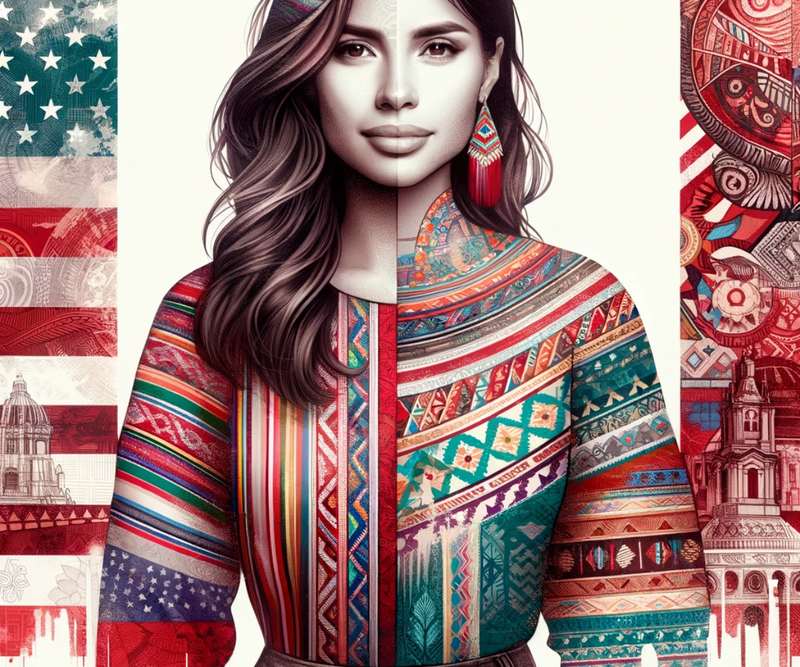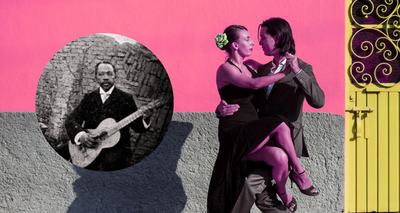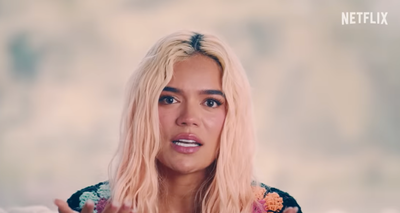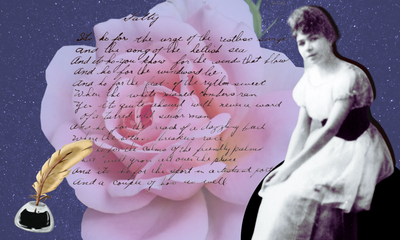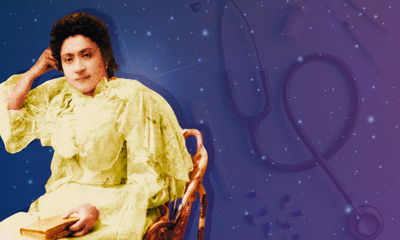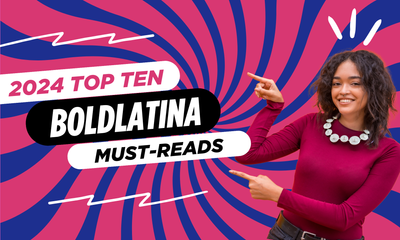My grandmother tells me that when I was young, I used to deny being Peruvian and claim to be only American. The family used to consider my claims a cute joke, which I probably misinterpreted as reinforcement. As I got older, however, I severely struggled with identifying my culture- where I came from, where I belonged. Was being bicultural a positive? For a long time, I battled with myself on whether I celebrated Christmas the night before, or on that morning. I didn’t know if I should celebrate Peruvian Independence Day with the same pride and excitement that I did the 4th of July or if I could talk about la cuchara de palo without having CPS called on my family. Yeah, I was dealing with a lot of conflicts.
So here I was in the American suburbs again trying to figure out why getting chicken pox was NOT an order on the KFC menu.
I guess the confusion started when I was barely 1 year old. I was born in Perú, but before I turned one, I was living in the United States with my grandmother and aunt. The plan was that the rest of the family, two older brothers and parents, would follow. So they thought I might as well get used to the American environment as early as possible. When I was two years old, my aunt had my cousin, Randy. Of course, I don’t remember this but the tale goes like this: When Randy was born, he was first generation American. He was a citizen at birth and that, to us, was a HUGE deal. It was a celebration, a breath of fresh air, a bullet dodged. Tale also states that shortly after Randy’s birth, I started to claim I too was American. 100% American. And because my family found it funny, and celebratory, I began to forget my homeland. When I was four years old, I went back to Perú with my cousin and my grandmother. However, by that time, I had already begun to speak both English and Spanish fluently. By that time, I already felt American.
I spent the next four years of my childhood in Perú. I went from speaking and learning English, to speaking and learning Spanish every day. I went from playing toddler catch at the suburban American park to playing soccer with my brothers on the Lima streets- where we used two plastic buckets as goal posts. I learned the process of making tamales, the scent of mazamorra, and the joy my young heart felt when my Tia Maruja would show up with Turron. I also learned to adapt to cold showers and the lights in our house being out all the time. It wasn’t until later that I found out that Sendero Luminoso was bombing the local gas and electric company building. Regardless, I began to get very accustomed to my Peruvian life. I began to love it. I had to relearn the culture I was born with and started to forget the culture I came into. I embraced Perú. I embraced my Lima– I was Peruvian… until I wasn’t.
Four years later, when I was about 8 years old, my family decided to move to the United States, except my father stayed behind (that’s a whole other story). So here I was in the American suburbs again trying to figure out why getting chicken pox was NOT an order on the KFC menu. True story. When it came to attending school, my third-grade self-felt very much like the outsides. It wasn’t until my first day of school at a private Catholic elementary that I realized I had brown skin and frizzy curly hair. It was also the first time I realized I had an accent. And, the most heartbreaking, the first time I realized my classmates didn’t know what Perú was and didn’t care for it. So, little by little, I began to adapt to American culture. I’d like to think it was because it was around me and I couldn’t avoid it but that’s a lie because my Peruvian culture was thick and alive at home. I adapted to American culture to fit in, to survive.
Fast forward twelve years later and I was an adult in a college sociology class. In one specific class, our teacher asked bi-cultural students if they identified themselves as Americans, or related to more with their homeland. Was being bicultural important to them? She made two circles on her whiteboard. One circle had the word “American” and the other had the word “Other”. Then we were supposed to write our names in the circle we identified more with. When it was my turn to go up to the board, I was stuck. I stared at the whiteboard for what felt like 20 minutes (it was probably 20 seconds in reality) and all the memories that made my both American and Peruvian came back to me. I felt, hurt that I had to pick one. I felt, betrayed that I was even in this position. Then I thought about all the times I put myself in this position- a place where I had to pick a culture when in reality, I was both.
I was both Christmas Eve celebrations until midnight and morning gift exchange. I was 4th of July and July 28th. I was BBQing on holidays and baseball games as much as I was carnaval and baking Alfajores with my abuelita. I am both technology savvy, social media guru, and information overload addict as much as I am quality time with my primas, card games with my tios and jacks (yes, jacks) with my tias. Now, more than ever, I am realizing the importance of acknowledging and embracing my bi-culture-ness. These days, I am so grateful to know that I am both. And being both has empowered me more than I can imagine. I think because I understand the poverty and struggles my family experienced as refugees, and because I saw so much poverty in Peru, I am able to empathize with other’s situations and circumstances. For that, I am grateful. In addition, because I was raised in a competitive environment that the United States seems to embrace, I have been able to understand the importance of wittiness, boldness, social intelligence, and networking. Both of my cultures have allowed me to succeed, remain humble, and quickly notice what is important to me. I can’t imagine choosing one. I would be, to me, like choosing between a parent.
I was raised by both my Peruvian and American beliefs and for that, I will remain unapologetic.

